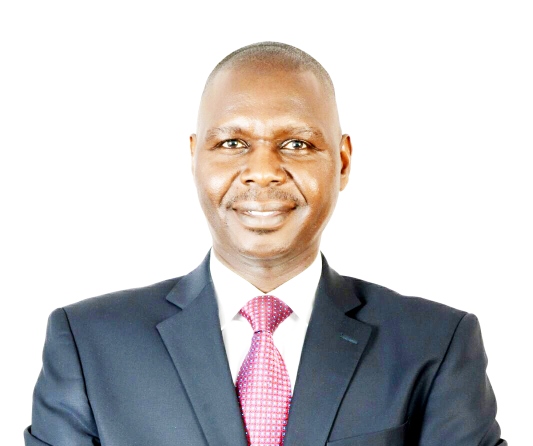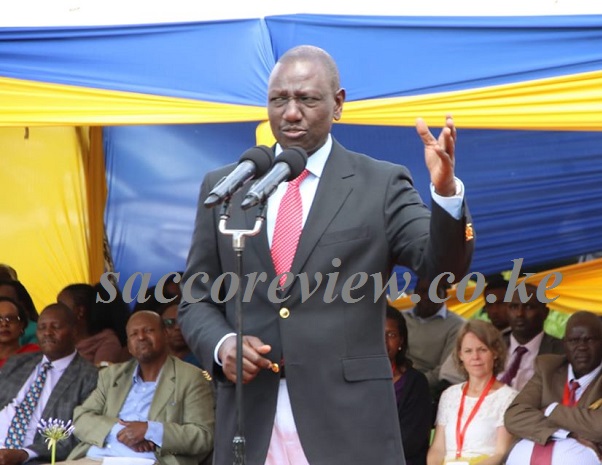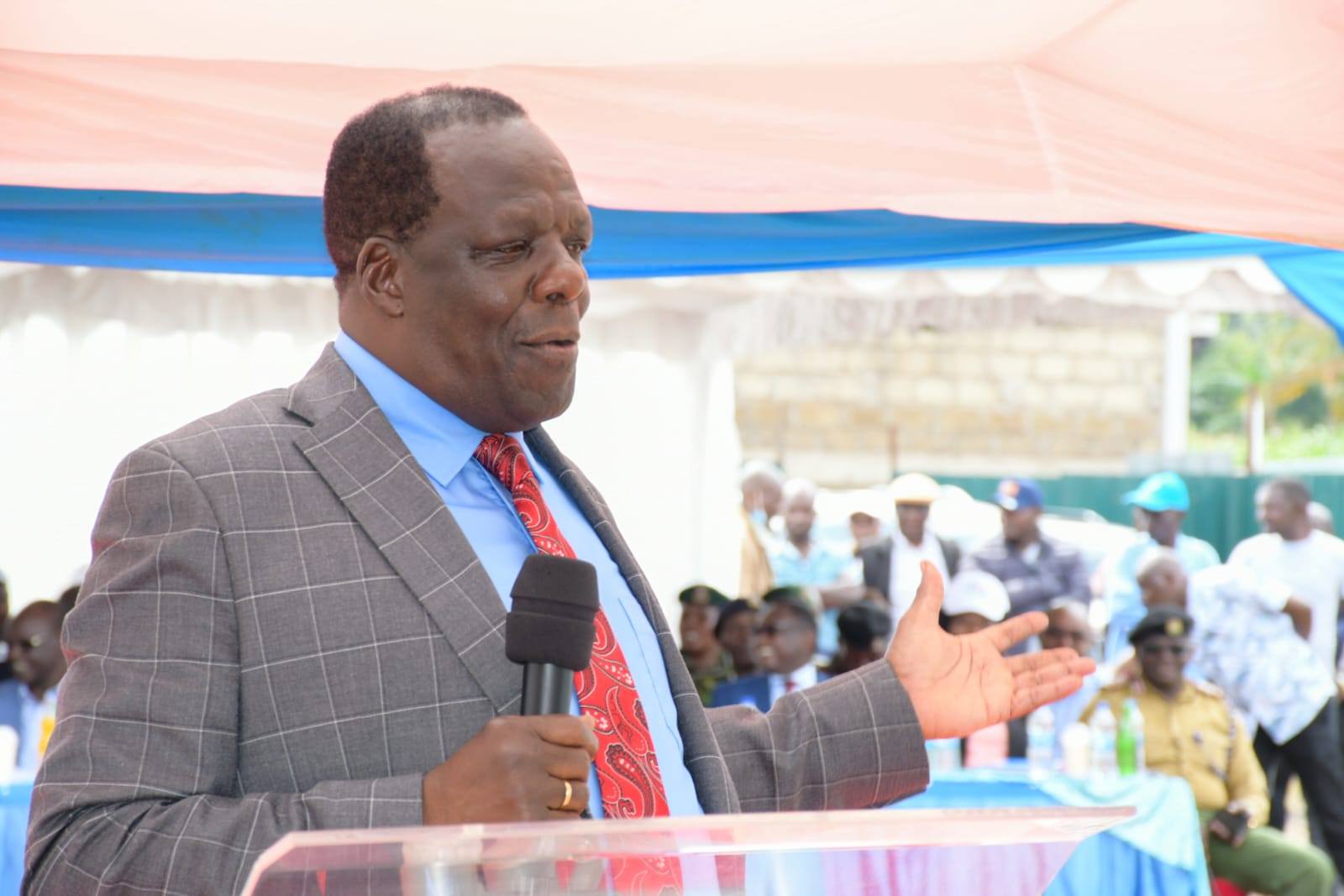By Sammy Chivanga
Non Deposit Taking (NDT) Saccos holding at least Sh100 million non-withdrawable deposits are facing a race against time to comply with the new regulations.
The new rules released by the Sacco Societies Regulatory Authority (Sasra) seek to raise supervisory bar and secure members’ funds.
Sasra has traditionally has given specified NDTs up to the end of June to meet the tough conditions including submitting documents showing that the leadership in each of the Saccos is qualified.
The Authority has already issued a notice offering a compliance roadmap to the Sacco Societies (Non-Deposit Taking Business) Regulations, 2020 gazetted last year.
NDTs will come under the supervision and regulation of Sasra as opposed to just being under the Commissioner of Cooperatives where regulations are generally viewed as relaxed.
For the first time, Saccos engaging in Back Office Service Activity (BOSA) will come under tight scrutiny unlike now when a lot of focus is on Front Office Service Activity (FOSA) Saccos.
Sasra says the specified NDTs businesses will include those whose total non-withdrawable deposits from members is equal to or exceeds Sh100 million.
NDT Saccos that mobilise membership and subscription to share capital through digital or other electronic payment platforms will also come under Sasra supervision come July 1.
That means digital or virtual Saccos as they are popularly known are finally going to come under scrutiny.
Also coming under Sasra supervision will be diaspora Saccos, a term used to describe NDT Saccos which mobilise membership and subscription to their share capital from people residing outside Kenya.
All Saccos falling under the specified businesses will be required to make an application to Sasra to get formal approval to continue trading or cease the existing specified NDT business.
“Upon the expiry of the transition period on 30th June 2021, no Sacco shall be allowed to undertake or continue undertaking a specified NDT business, unless it will have fully complied with the Act and Regulations 2020,” warns Sasra CEO John Mwaka.
The affected Saccos are now facing pressure on their budgets to meet the tough conditions that Sasra has set before issuing them with authorization certificates.
Sasra says it will be visiting the premises of each NDT Sacco that makes the application to inspect if it qualifies to conduct the specified business.
One of the conditions will be to have an appropriate institutional framework including adequate working space.
That means that many digital Saccos working without any physical office will have to rush to comply.
Sasra will also seek to find out if the Saccos have a Management Information System for performing and accounting all transactions and providing required minimum reports.
In addition, Sasra will establish whether the Sacco seeking clearance has appropriate risk management policies, internal control systems and suitable organisational, governance and management structures.
The move is widely seen as a way of ensuring that only those with strong systems are approved so as to lower the risks of loss of members’ money.
“It is only upon being satisfied with the foregoing that the Authority shall notify the Sacco Society to pay the prescribed fee (Sh3,000) to facilitate the issuance of an authorisation certificate,” says Mr Mwaka.
Sasra guidance note titled ‘Securing Sacco Funds’ shows that Saccos will have to fill a fit and proper test form for the CEOs, senior management staff, members of the board of directors and supervisory committee.
The declarations in the fit and proper test form for each officer will have to be witnessed by a commissioner of oaths or a magistrate.
Sasra requires the forms to be accompanied by each of the board member’s passport size photos, copy of personal identification number, national ID and copies of their highest academic qualifications.
For CEOs and members of senior management, Sasra says the current certificate of good conduct and a current credit report from a licensed credit reference bureau firm will be added.
Saccos will also be required to submit copies of their by-laws, which are required to conform with a model of by-laws for regulated Non-Withdrawable Deposit Taking (Non-WDT) Sacco societies.
Sasra prepared the draft by laws in consultation with the State Department of Cooperatives to guide Saccos in the process.
Saccos intending to apply for the authorisation certificate will also have to seek and obtain approval from members in a general meeting.
“During the meeting, Saccos are encouraged to inform their members on the legal and financial implications of seeking the authorization as well as failure to seek the authorization,” Sasra guideline reads.
The call for AGM puts Sacco in a tight spot to seek a special window for the meetings from the regulator given that the ban on large social gatherings is still on due to Covid-19 protocols.
Saccos will also be required to submit audited financial results for three years up to December 2020.
Sasra also wants Saccos making the application to provide evidence that they have sufficient capital to undertake the business.
According to the 2020 regulations, the Saccos will have to ensure that their core capital is at least Sh5 million and that the core capital is not less than five percent of their total non-withdrawable deposits.
Saccos will also submit to the regulator a three-year business plan or feasibility study of the specified non-deposit taking business.
Quote
“General business plan or feasibility study that fail to address the performance and associated compliance issues may result into the rejection of an application,” warns Sasra



